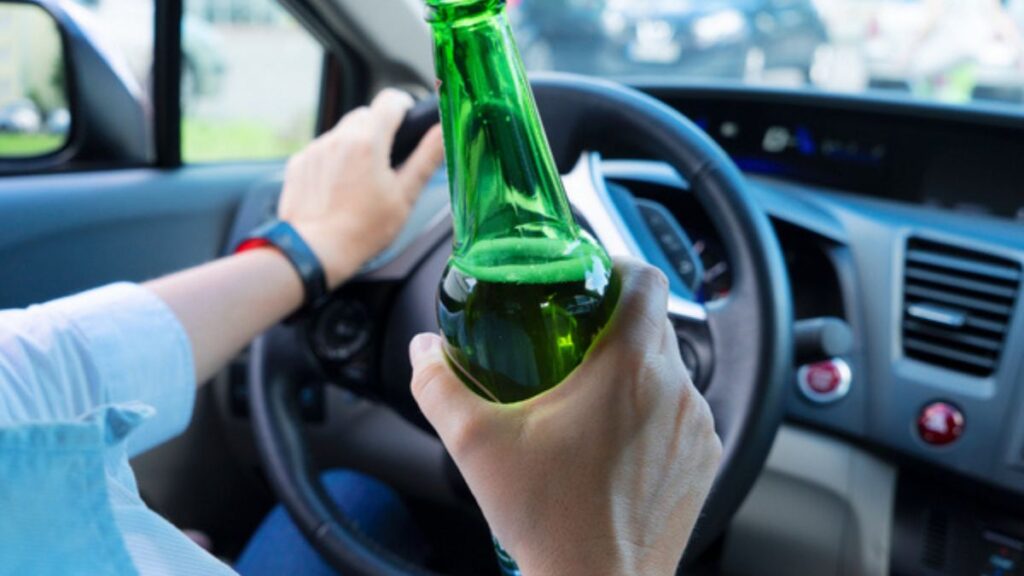How Impaired Driving Laws Work
Throughout the United States, every state enforces some version of a DUI (Driving Under the Influence) or DWI (Driving While Intoxicated) law. While the specific legal limits and procedures might differ state to state, most set the legal blood alcohol content (BAC) threshold for adults at 0.08%. For those under 21 and commercial drivers, even lower limits apply, reflecting a zero-tolerance stance in many jurisdictions. It is not just alcohol that can trigger these laws; prescription medications and recreational drugs can result in impairment charges as well.
Enforcement incorporates both chemical testing and officer observations. Authorities are trained to look for erratic driving or physical signs of impairment. Someone might be charged even when their BAC is under the legal limit if their behavior suggests they are not in full control of their faculties. The scope and application of DUI/DWI laws are wider than ever, given the sharp focus on preventing accidents and fatalities. With growing social awareness of the risks associated with impaired driving, more people are seeking advice on what to expect during the legal process and resources such as https://sloanlawkc.com/dwi-dui-lawyer/, which provides an overview of rights and next steps for those facing allegations under DUI/DWI statutes.
Impaired driving fatalities account for one-third of US traffic-related deaths, prompting states to increase enforcement, public checkpoints, and educational campaigns. Some jurisdictions have enhanced penalties for drivers who exceed the limit or refuse tests, reflecting a zero-tolerance culture.
Rights During A Traffic Stop
Drivers stopped for potential impaired driving should be aware of their constitutional rights. Officers require reasonable suspicion to initiate a stop, and they must provide identification; however, they are not obligated to answer questions about their location or consumption of alcohol. In most states, drivers have the right to decline field sobriety tests, but refusal may result in an automatic license suspension due to implied consent laws. Politeness and composure are crucial, and refusal to participate in on-site testing should be communicated to the officer in a clear and informed manner. Knowing your right to legal representation and requesting an attorney if unsure can significantly impact the outcome of the interaction.
Common Consequences Of DUI/DWI
The consequences of a DUI or DWI extend far beyond a citation or short-term inconvenience. Most first-time offenders can face significant fines that can escalate into the thousands, even when no accident occurs. Many states mandate an automatic suspension or revocation of the driver’s license. Additionally, individuals are often required to complete traffic safety education or impaired driver programs before regaining their privileges.
- Jail time is possible, even for a first offense, if aggravating factors are present (accidents, injuries, or repeat offenses).
- Probation periods may require regular check-ins and abstaining from alcohol or drugs.
- Insurance rates almost always increase dramatically, with some insurers refusing to cover high-risk drivers altogether.
- Felony charges are possible for multiple offenses or if a child is present in the vehicle at the time of arrest.
As highlighted by the CDC’s impaired driving facts, an estimated 30 people die every day in alcohol-impaired driving crashes in the US. The societal and emotional costs from these tragedies are immeasurable, which is why many states also employ ignition interlock devices requiring offenders to prove sobriety before starting their vehicles.
Field Sobriety And Chemical Testing
Field sobriety tests evaluate balance, coordination, and the ability to follow directions. Chemical testing, such as breath, blood, or urine analysis, is more objective but requires strict protocols for admissibility in court. Due to rising drunk driving deaths, police agencies are expanding roadside checkpoints and using advanced technology to detect impaired drivers. Refusing a chemical test can result in penalties like license suspension and additional criminal charges. Improper administration or calibration of equipment can challenge results in court, but the process can be complex and lengthy.






